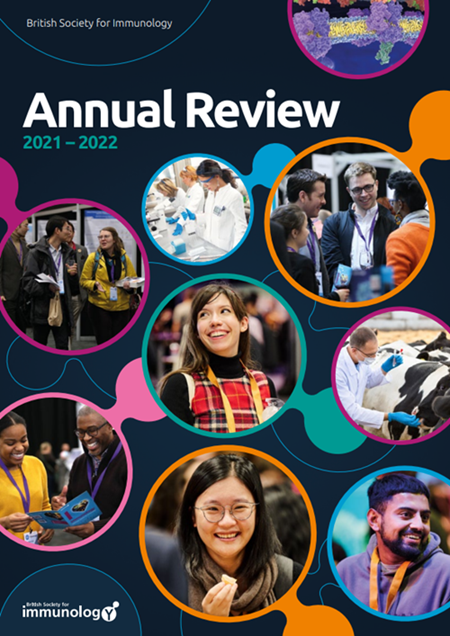微生物和癌症。
IF 26.9
1区 医学
Q1 IMMUNOLOGY
引用次数: 181
摘要
共生微生物(微生物群)生活在我们身体的所有表面屏障上,在远端肠道中尤其丰富多样。微生物群及其更大的宿主代表了一种元生物体,在这种元生物体中,微生物和宿主细胞之间的相互作用对于局部、屏障水平和系统的健康、生存和生理功能的调节是必要的。起源于原核生物和真核生物之间最早的相互作用的原始分子和细胞机制已经进化到介导微生物依赖的宿主生理和组织稳态,包括对感染和组织修复的先天和适应性抵抗。主要是因为其对代谢、细胞增殖、炎症和免疫的影响,微生物群在易感条件、起始、遗传不稳定性、对宿主免疫反应的易感性、进展、合并症和对治疗的反应等水平上调节癌症。在这里,我们回顾了微生物群与癌症相互作用的机制,以及表明微生物群可以靶向改善治疗同时减轻不良反应的证据。本文章由计算机程序翻译,如有差异,请以英文原文为准。
Microbes and Cancer.
Commensal microorganisms (the microbiota) live on all the surface barriers of our body and are particularly abundant and diverse in the distal gut. The microbiota and its larger host represent a metaorganism in which the cross talk between microbes and host cells is necessary for health, survival, and regulation of physiological functions locally, at the barrier level, and systemically. The ancestral molecular and cellular mechanisms stemming from the earliest interactions between prokaryotes and eukaryotes have evolved to mediate microbe-dependent host physiology and tissue homeostasis, including innate and adaptive resistance to infections and tissue repair. Mostly because of its effects on metabolism, cellular proliferation, inflammation, and immunity, the microbiota regulates cancer at the level of predisposing conditions, initiation, genetic instability, susceptibility to host immune response, progression, comorbidity, and response to therapy. Here, we review the mechanisms underlying the interaction of the microbiota with cancer and the evidence suggesting that the microbiota could be targeted to improve therapy while attenuating adverse reactions.
求助全文
通过发布文献求助,成功后即可免费获取论文全文。
去求助
来源期刊

Annual review of immunology
医学-免疫学
CiteScore
57.20
自引率
0.70%
发文量
29
期刊介绍:
The Annual Review of Immunology, in publication since 1983, focuses on basic immune mechanisms and molecular basis of immune diseases in humans. Topics include innate and adaptive immunity; immune cell development and differentiation; immune control of pathogens (viruses, bacteria, parasites) and cancer; and human immunodeficiency and autoimmune diseases. The current volume of this journal has been converted from gated to open access through Annual Reviews' Subscribe to Open program, with all articles published under a CC BY license.
 求助内容:
求助内容: 应助结果提醒方式:
应助结果提醒方式:


